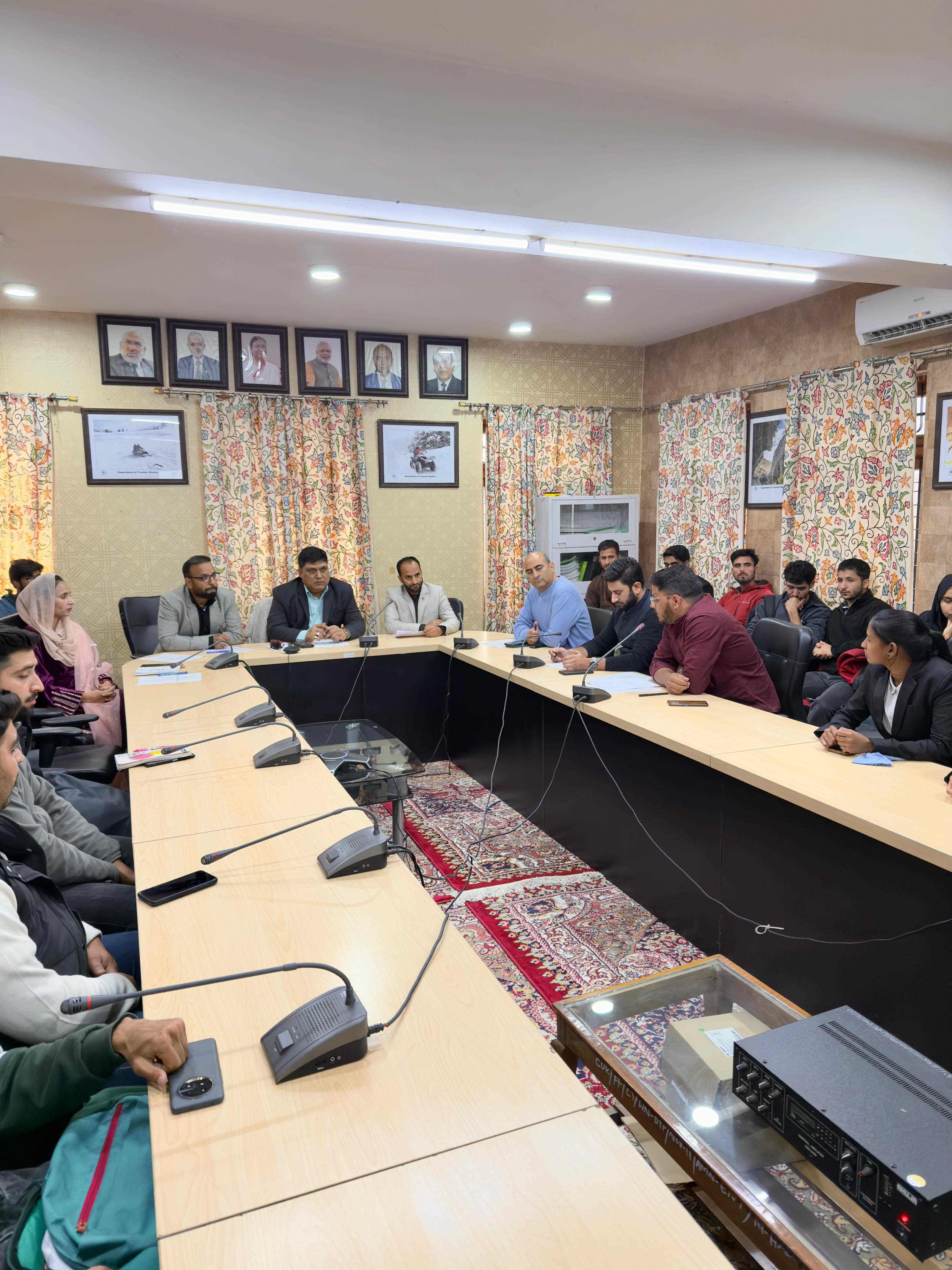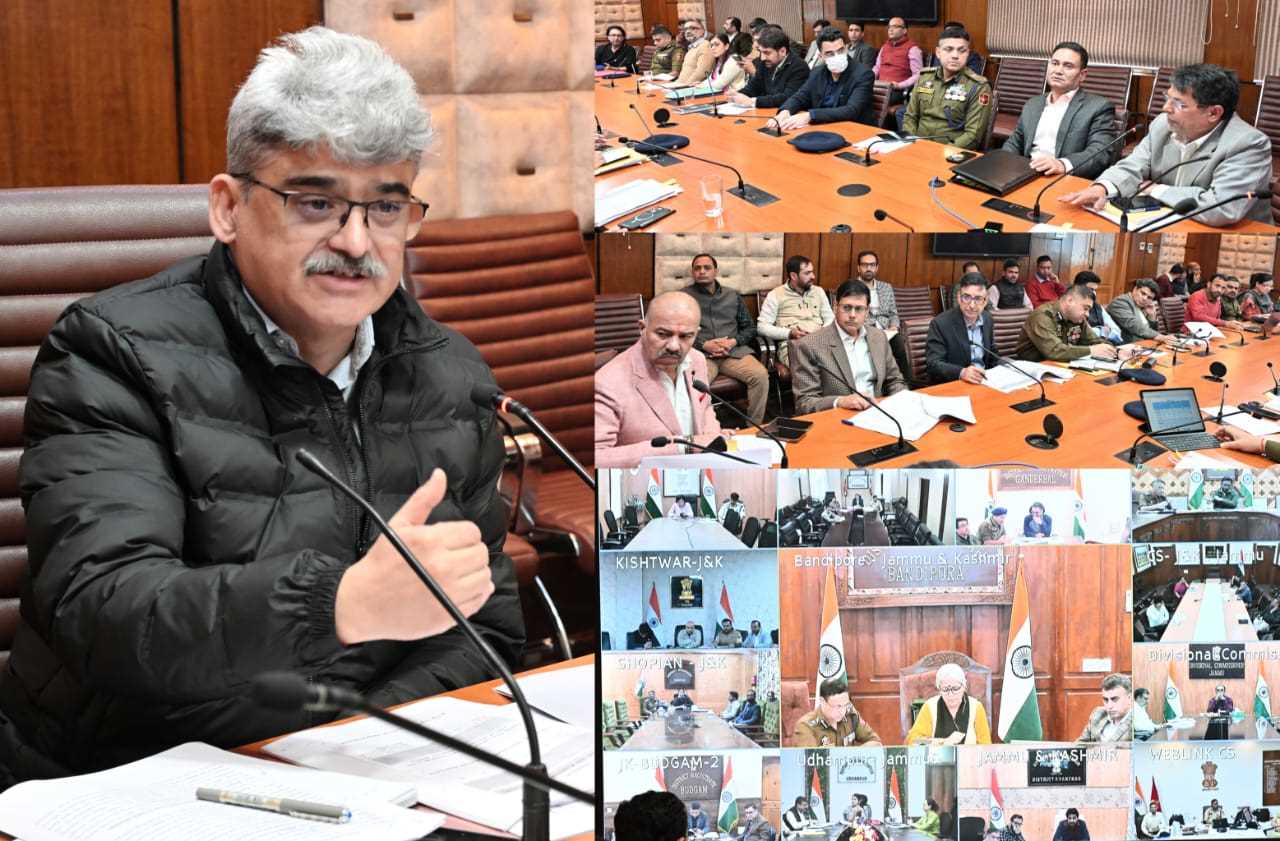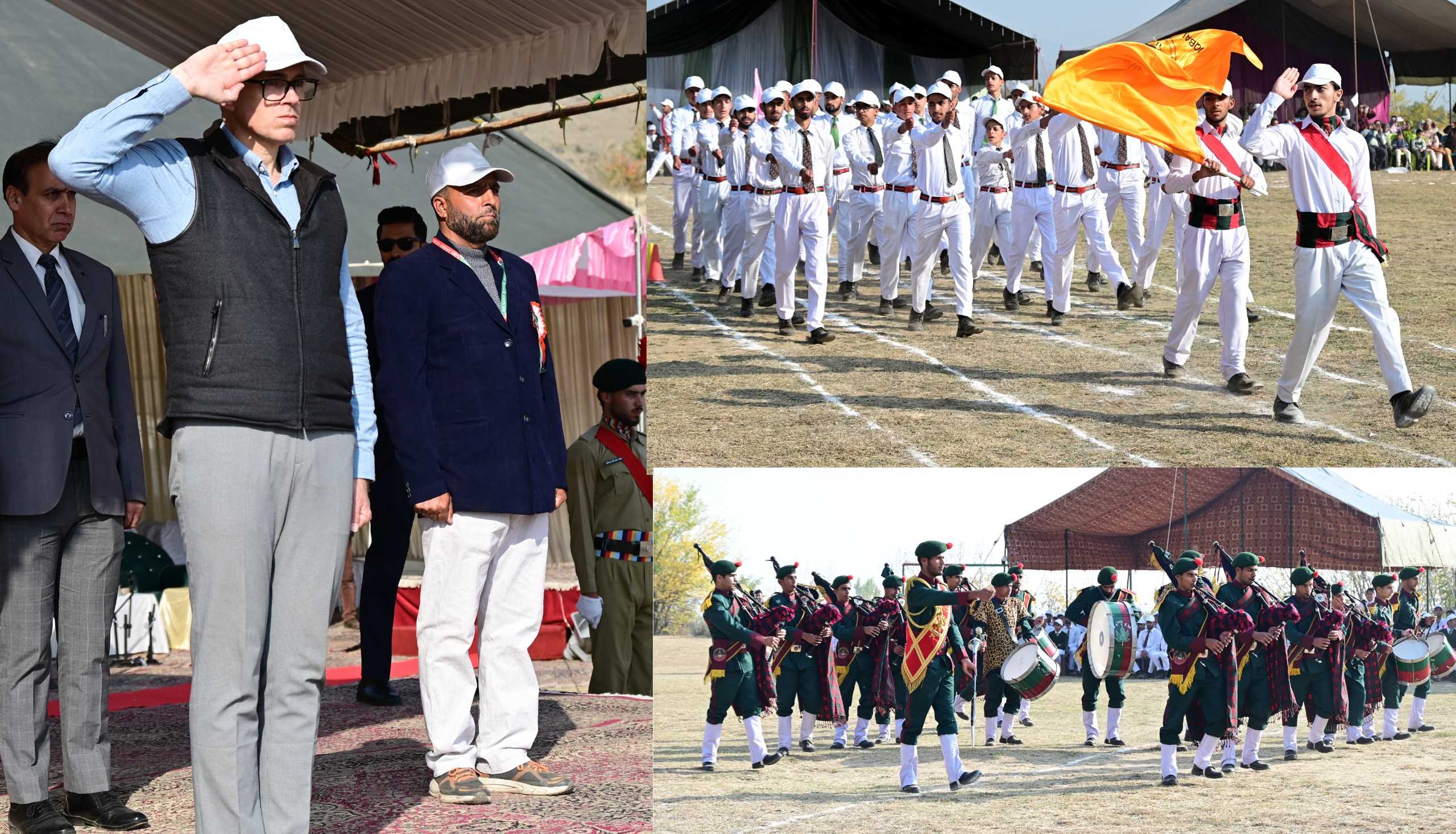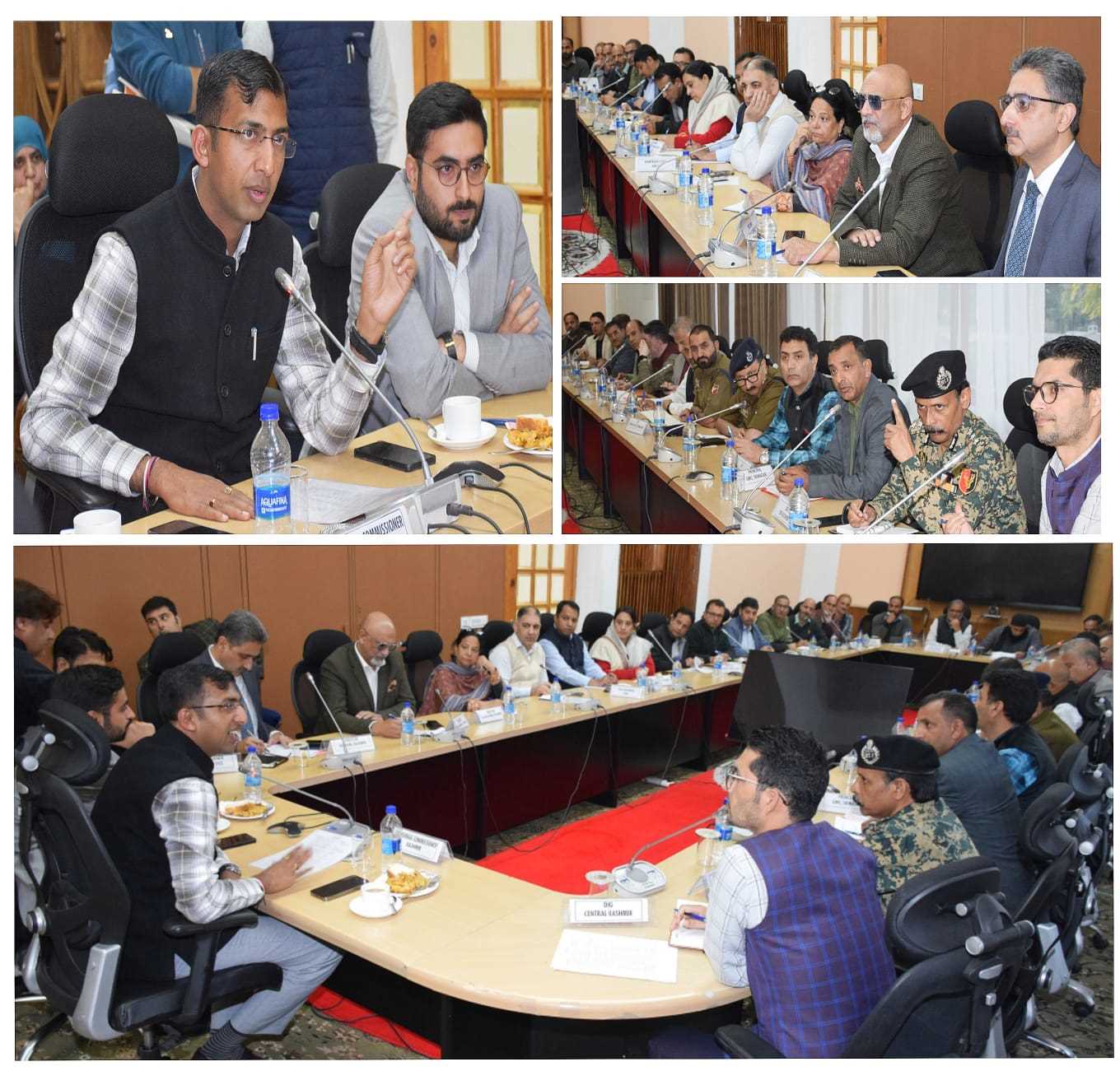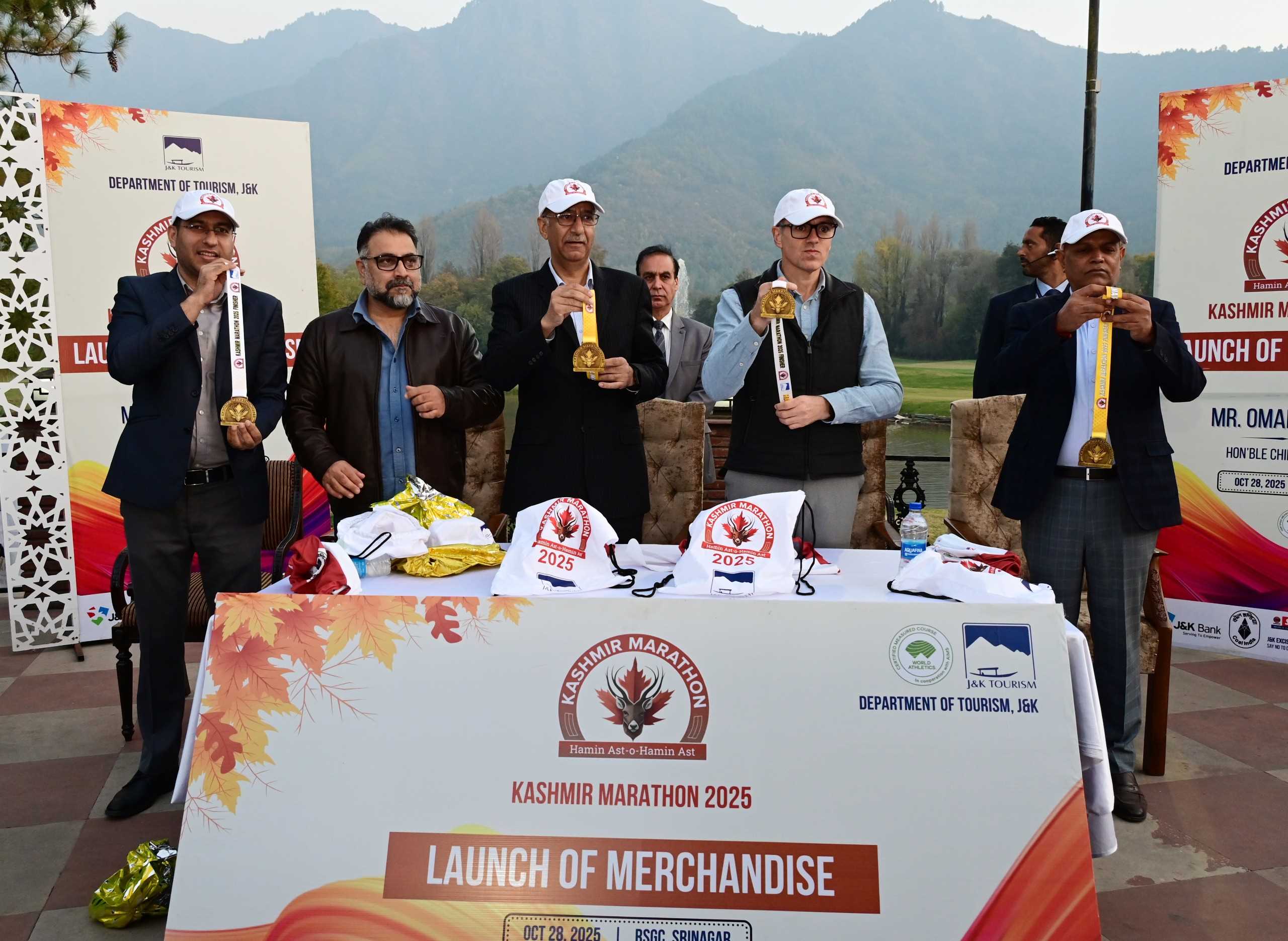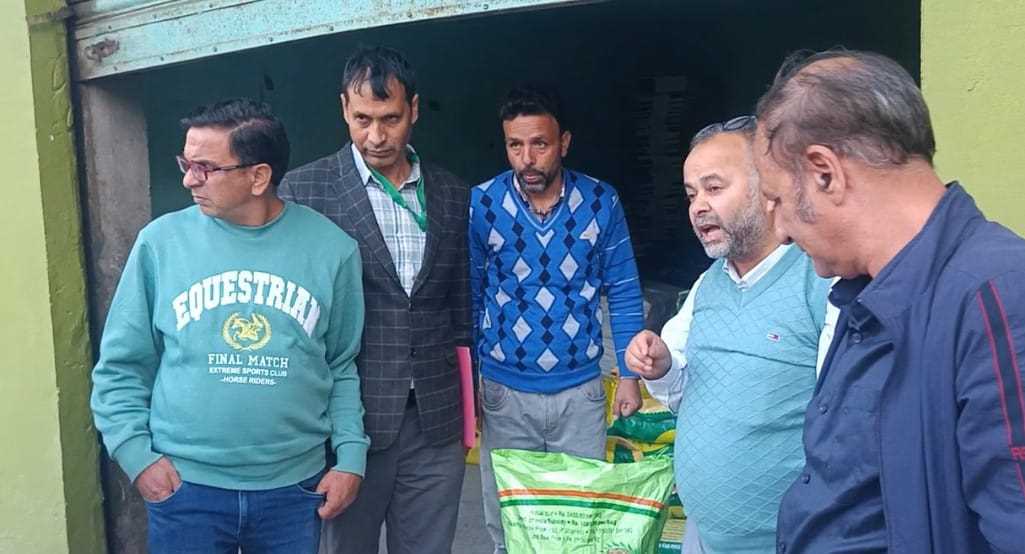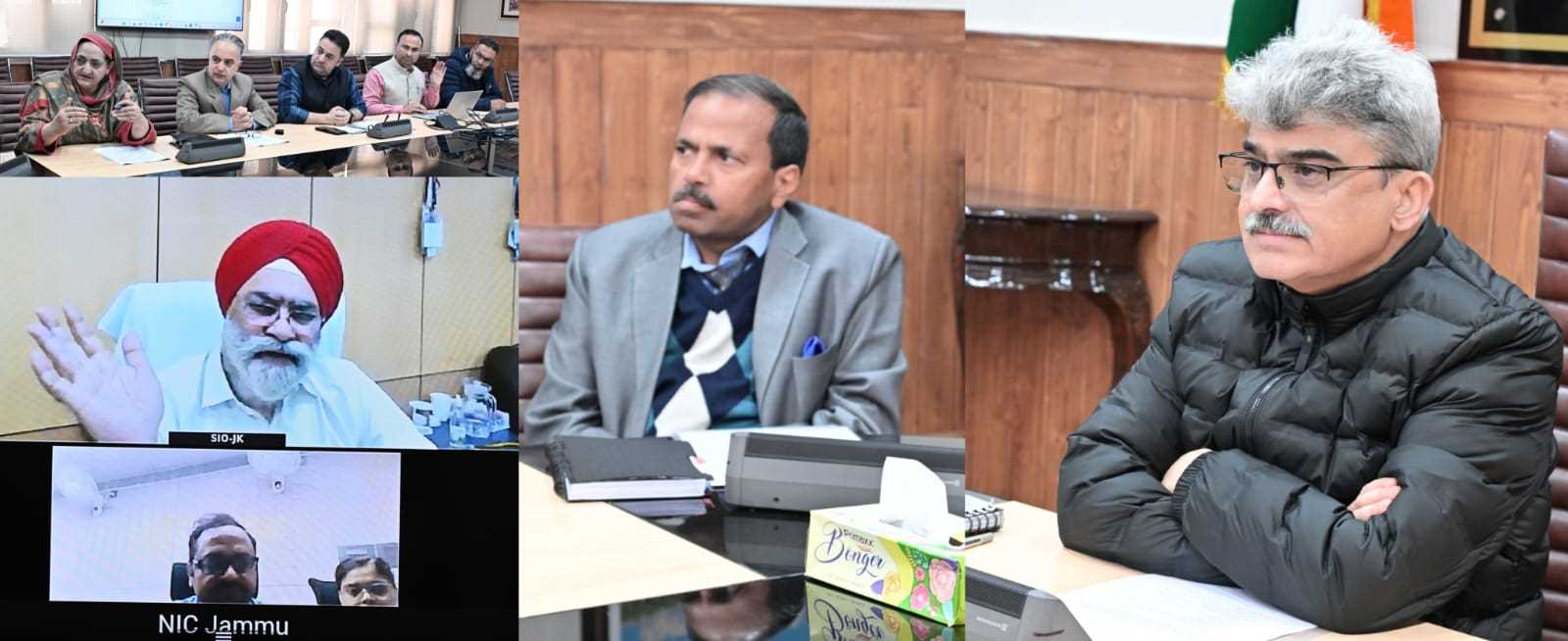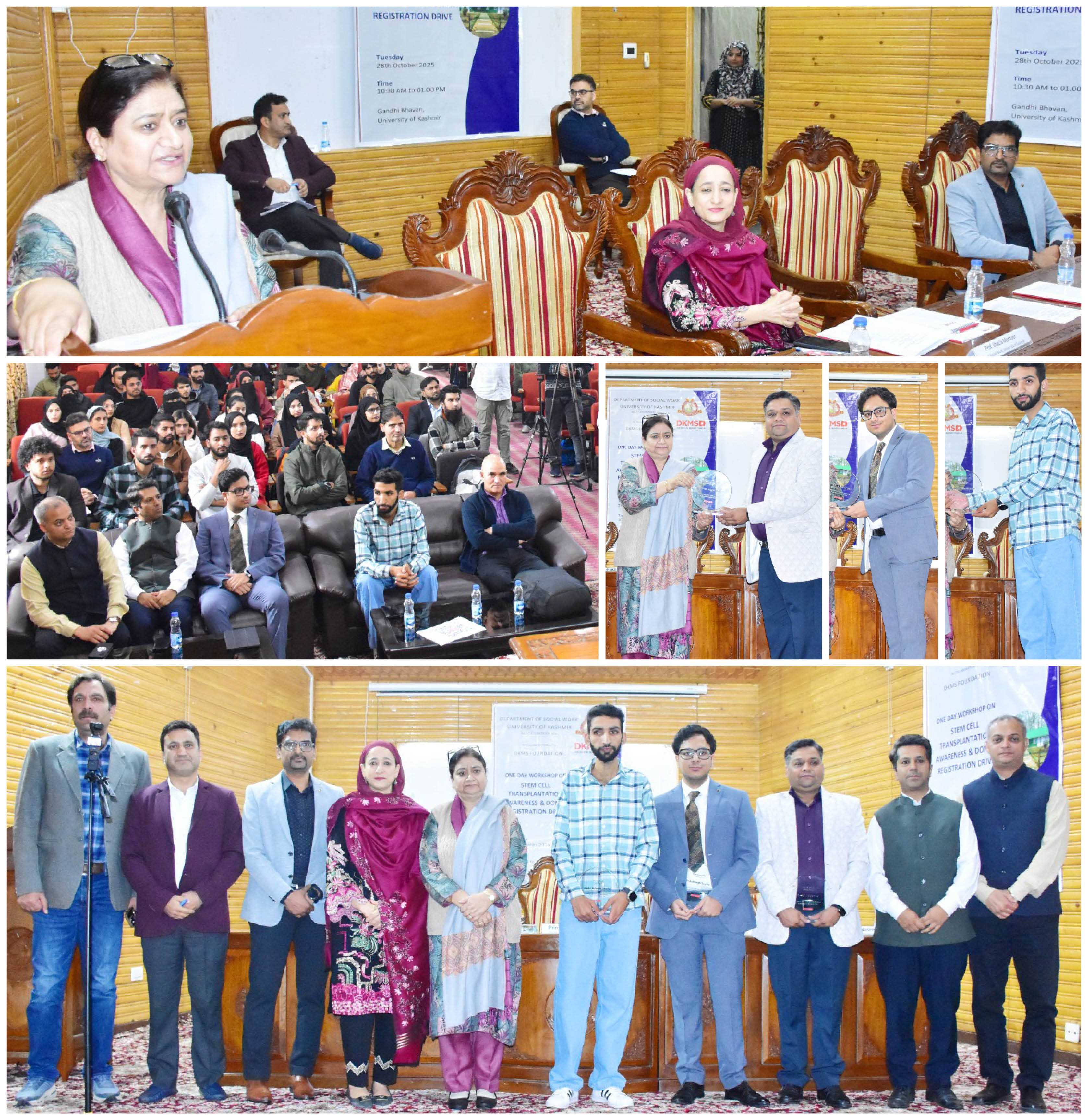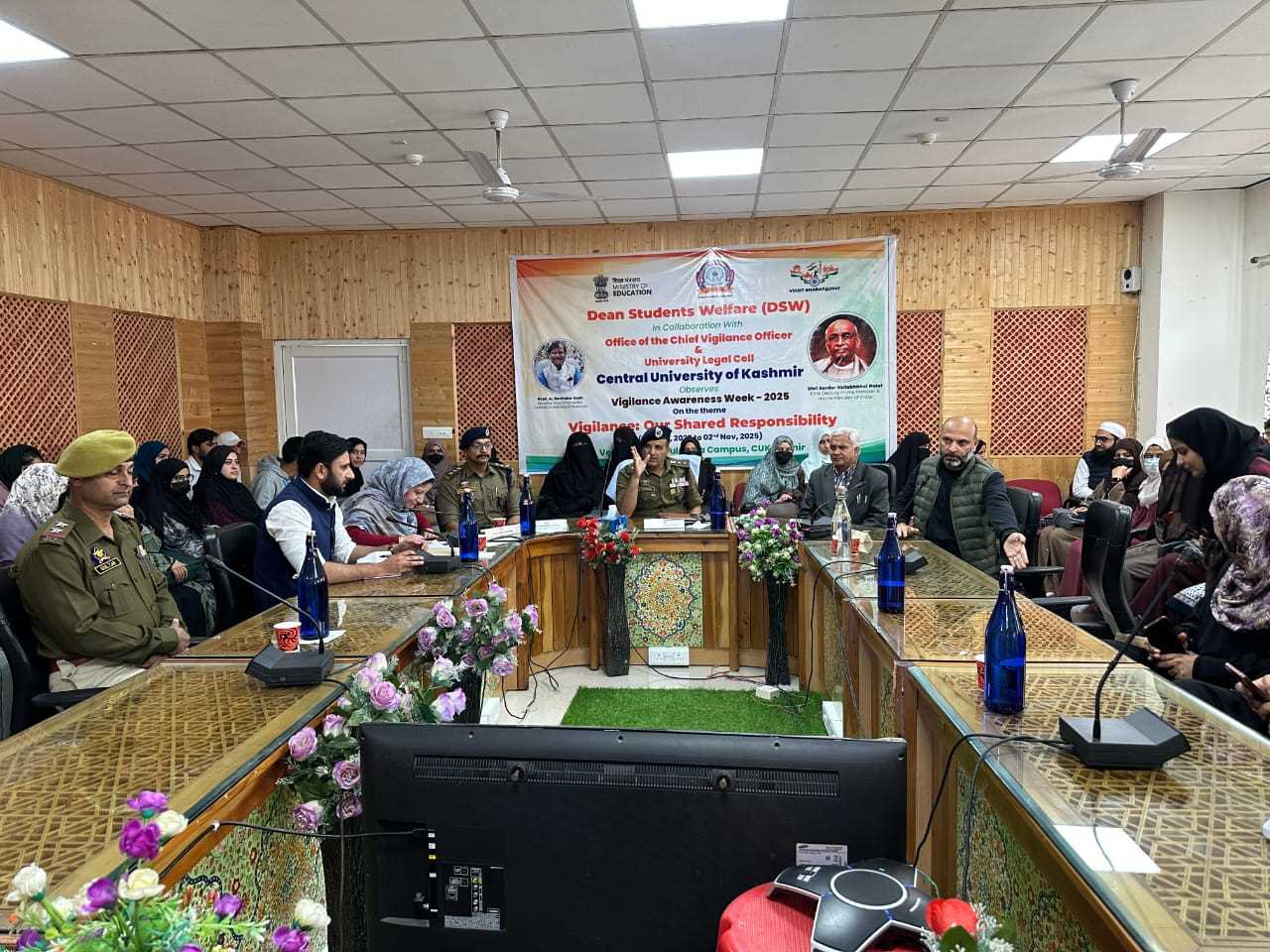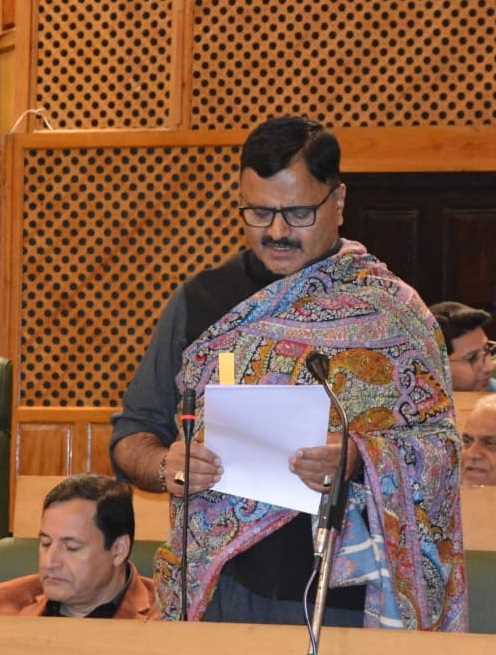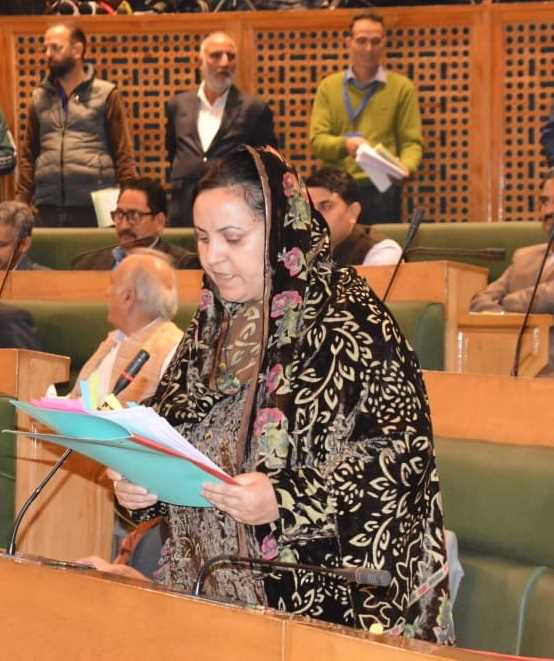National Service Scheme (NSS) in collaboration with the Department of Tourism Studies (DTS), Central University of Kashmir (CUKashmir) Tuesday organised a seminar, “Towards a Sustainable Future: Rethinking Waste Management Practices,” at Green Campus here.
The seminar was part of the ongoing Swachhotsav initiative—an outreach campaign launched by the Ministry of Education, Government of India, aimed at inspiring sustainable habits and responsible waste management among citizens, especially the youth.
Addressing the participants, HoD Deptt of Physical Education, and Chairperson, Swachhotsav, Dr. Kaukab Azeem, said, “the seminar aims to ignite critical thinking and stimulate action-oriented discussions around sustainability. This event is not merely an academic discourse but a collective step toward nurturing an environmentally responsible generation.”. Dr Kaukab further added that “Effective waste management begins with rethinking our habits. Each of us has a role in ensuring that waste is treated not as an endpoint but as a resource that can be recycled, repurposed, and reintegrated into our economy.”
NSS Coordinator, Dr. Shabir Ahmad in his address, described the event as a stepping stone towards a more sustainable and vibrant future for all mankind. He said the seminar served as a platform to discuss one of the most pressing challenges of our time and to forge a path toward innovative solutions.
In his speech, Coordinator DTS, Dr. Ashaq Hussain Najar, gave practical examples from the hospitality sector to illustrate the economic and environmental potential of effective waste management. “Many leading hotel chains across India now demonstrate that what we discard is not an endpoint, but the beginning of a new cycle. Through advanced composting, biogas generation from organic waste, and sophisticated recycling protocols, they are not only minimizing their environmental footprint but also unlocking significant value. This is a powerful model of efficiency and responsibility that we must learn from.”
In her address, NSS Coordinator, Dr. Shahnaz Akhter, provided a detailed exposition on the principle of the 3Rs – Reduce, Reuse, and Recycle – as a practical framework for daily life.
“The mantra of ‘Reduce, Reuse, Recycle’ is not merely a slogan; it is a survival strategy for our planet,” Dr. Akhter stated.
Adding an ethical and cultural dimension to the discourse, Dr. Harpal Singh, NSS Coordinator, presented a religious perspective on waste management. He drew from a wealth of spiritual texts to underscore that cleanliness and environmental responsibility are universal values deeply embedded in the world’s faith traditions.
Asst Prof. Dr. Abid Suhail Nika conducted the programme proceedings and Asst Prof. Dr. Adil Amin Nazki proposed the vote of thanks.
